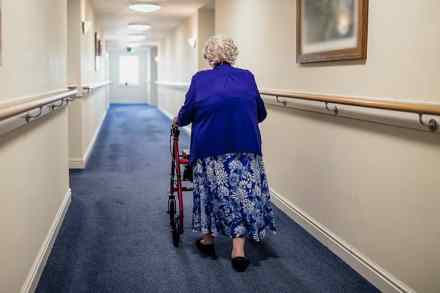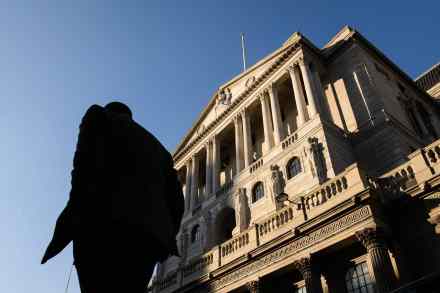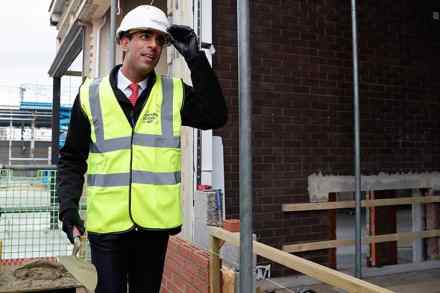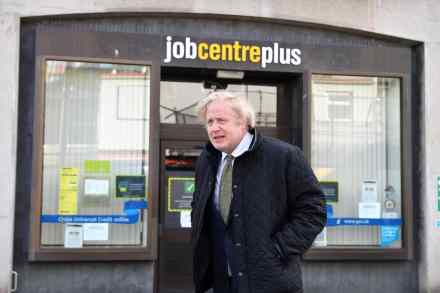Don’t bring back British Rail
The theme of my holiday reading has been the insidious ways in which the vanities and fetishes of rulers harm the interests of citizens. I started with 1929, Andrew Ross Sorkin’s new history of the Wall Street crash, which I’ll be reviewing elsewhere ahead of its release in October –my point here being not about whether President Herbert Hoover and the US Federal Reserve mismanaged that market cataclysm and its aftermath, but rather the fact that my zero-value, plain-cover ‘uncorrected proof’ copy of the book was held up by French customs for almost three weeks for want of a ‘commercial tax ID number’ on the packaging label. ‘A common post-Brexit






















